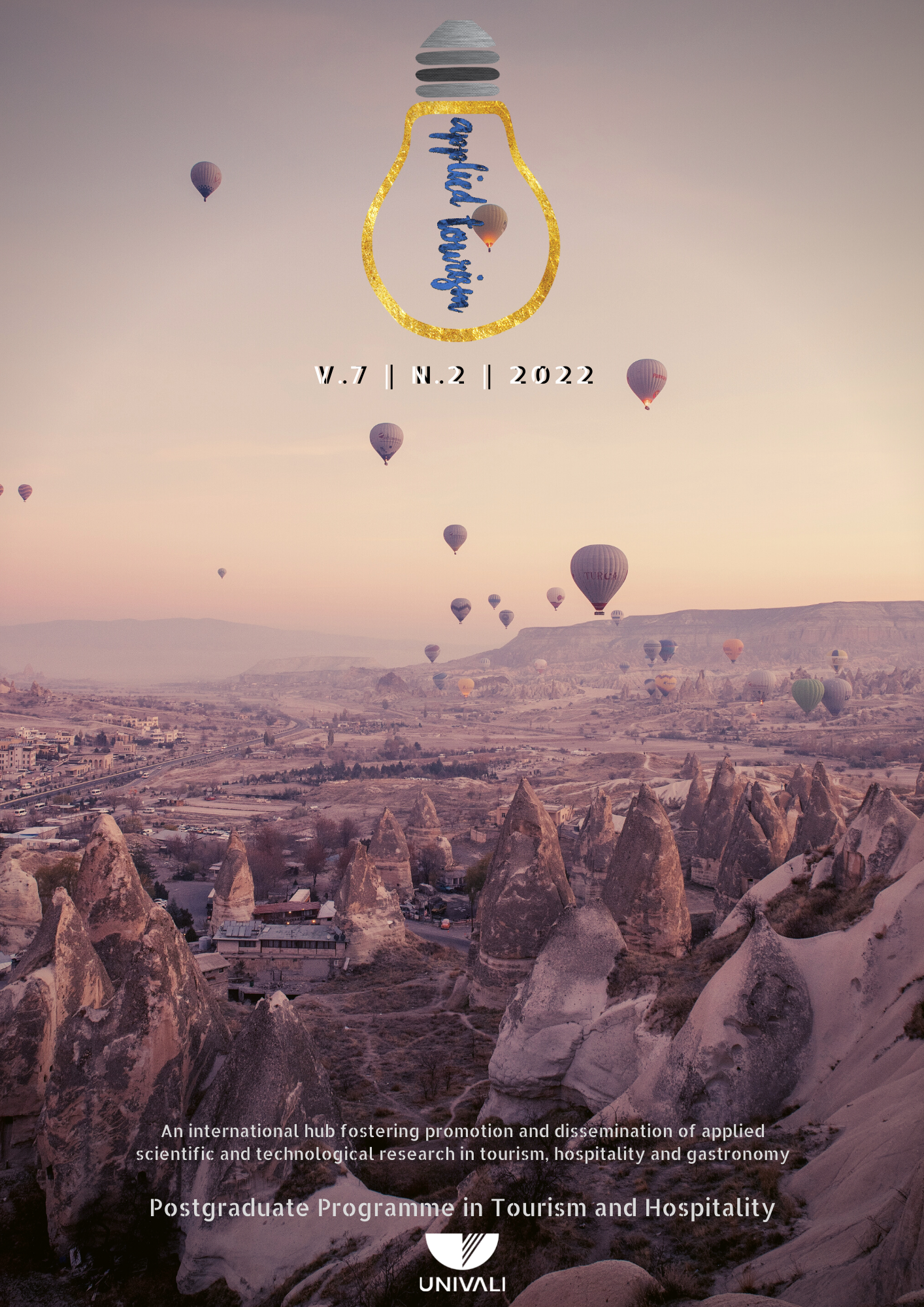
Higher education goes beyond the development of technical skills, and plays a central role in the social transformation of the environment in which it is inserted. This role is fostered within institutions through research, teaching and extension. This work is a report of the experience of students of the APAE of São Pedro, within the extension project "APAE no Senac", carried out by the Centro Universitário Senac, Águas de São Pedro campus (SP). Its purpose was to promote the social inclusion of these people, given that one of the main functions of gastronomy, since the discovery of fire, has been to bring people together. The APAE students were able to gain experience of activities of the degree in gastronomy technology by applying cooking and recipe replication techniques, in a controlled environment, in twelve demonstrative and practical classes, accompanied by project scholarship students and advisory professors from the HEI. The classes were developed in the kitchens and restaurant laboratories of the college. It was observed that there is potential for replicability of the work model, due to its characteristics and the low investment required. There is also potential to generate the teaching experience for HEI students and social inclusion for APAE students, through the mastery of new tools and techniques in the area of gastronomy.




Copyright (c) 2024 Rute Machado Pedrosa, Nicholas Teixeira , Fábio Leandro Bontorim Stoco, Gabriel Furlan Coletti
This work is licensed under a Creative Commons Attribution-ShareAlike 4.0 International License.







